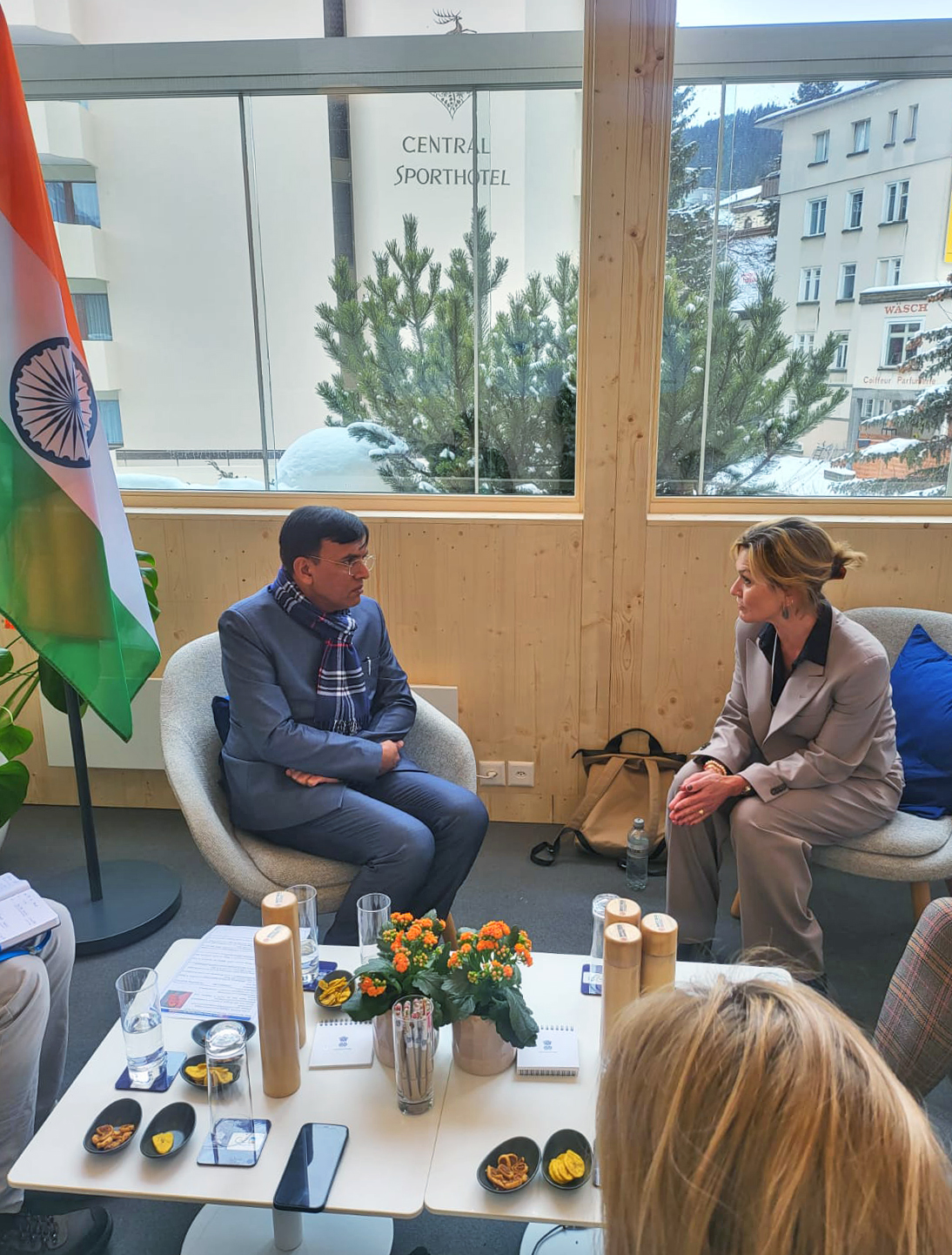One school of thought argues that the event in Davos is no longer fit to solve problems of this nature and indeed might itself be part of the problem.
“We’re in the worst situation of my lifetime” claimed UN Secretary General Antonio Guterres onstage at the World Economic Forum. With this statement, he summed up his view of the state of ongoing geopolitical, geoeconomic, climate and global cooperation among nations. The theme of this year’s Davos summit—the meeting of the world’s business and political elite—in the picturesque town of Davos in Switzerland is “Cooperation in a Fragmented World”. We are now clearly in a different era from the period of globalisation that came before it.
After the end of the Cold War, a new period began with claims of the “end of history”—claims that unrestrained globalisation will lead to peace out of necessity as well as a brief unipolar moment. That short era of three decades is now over. We are now in a fragmented world, and scrambling for ways to cooperate on issues of common challenges. According to the UN Secretary General, it is difficult to reach consensus even in times of unity, now it’ll be even more of a steep climb.
Clearly, the theme of the event is derived from the consequences of the Russian invasion of Ukraine. Following which a sharp East-West divide and a North-South divide became apparent. The invasion also aggravated the previously existing inequalities that were shown clearly through the Covid years. The invasion has pitted the West against Russia—and its close confidant China—on a path of confrontation not seen for long, leading to trade links and supply chains cultivated in recent decades to come undone. This is directly responsible for higher prices of food, energy, commodities, fertilizers and much more. The pain is being felt round the world in the form of inflation and a projected recession. The most direct effects of supply chain disruptions, punishing sanctions and trade upheaval continue to be felt by the most vulnerable countries in the Global South as well as the most vulnerable citizens in each affected country.
One school of thought argues that the event in Davos is no longer fit to solve problems of this nature and indeed might itself be part of the problem. The forum often gets derided as a forum “of the elites, by the elites and for the elites”. Critics also strongly argue for higher taxes on the ultrarich. “Extreme wealth is eating our world alive. It is undermining our democracies, destabilizing our economies, and destroying our climate,” Disney said. While another school of thought argues for the continual meetings of the WEF wherein at the very minimum, leaders, thinkers and decision makers get to meet and communicate directly, which allows for greater transparency and exchange.
At the same time, the event is not all doom-and-gloom. The flavour of the month is Artificial Intelligence—in particular ChatGPT—the chatbot that has captured the imagination of the world with its wide ranging and game changing capabilities. Satya Nadella heralded our time as the “golden age of Artificial Intelligence” in an interview with Klaus Schwab. The applications of ethical, society-centric AI are far-reaching, especially in democratising resources around the globe.
At events such as the WEF, India’s contribution has gained greater importance over the years because of our growing economy. In addition, we are now hosting the G20 summit in 2023 and have the enviable position to be counted as an ally by both Russia and the US. Our philosophy of universal brotherhood, insistence to Russia that “this is not an era for war” and urging for dialogue and diplomacy have put India in a category of its own. In this context, we promoted our flagship initiative of LiFE—Lifestyle for Environment—that supports a sustainable lifestyle in sync with nature. Ambassador Shombi Sharp, UN Resident Coordinator in India stated, “The LiFE Mission…gives special focus to the impact individual behaviour and consumption habits can have on the planet, and encourages the adoption of environmentally sustainable lifestyles”, clearly highlighting its possibility and appeal for adopting it globally. We must also put ourselves forward as business friendly, especially for those companies that may be in the process of supply chain realignment and are looking for more resilient partners in Asia.
It is abundantly clear that the World Economic Forum discussions are valid and relevant only in case a global security architecture exists that sustains peace. In the absence of peace and security, issues of climate, energy, poverty, hunger, and others will inevitably be laid at the wayside and not receive the focus and attention that they deserve. It is in the interests of all that peace be restored at the earliest. And that is what India should continue to support and advocate for. Vasudhaiva Kutumbakam.
Rajesh Mehta is an international affairs expert, focusing on areas like market entry, innovation, geopolitics and public policy.

